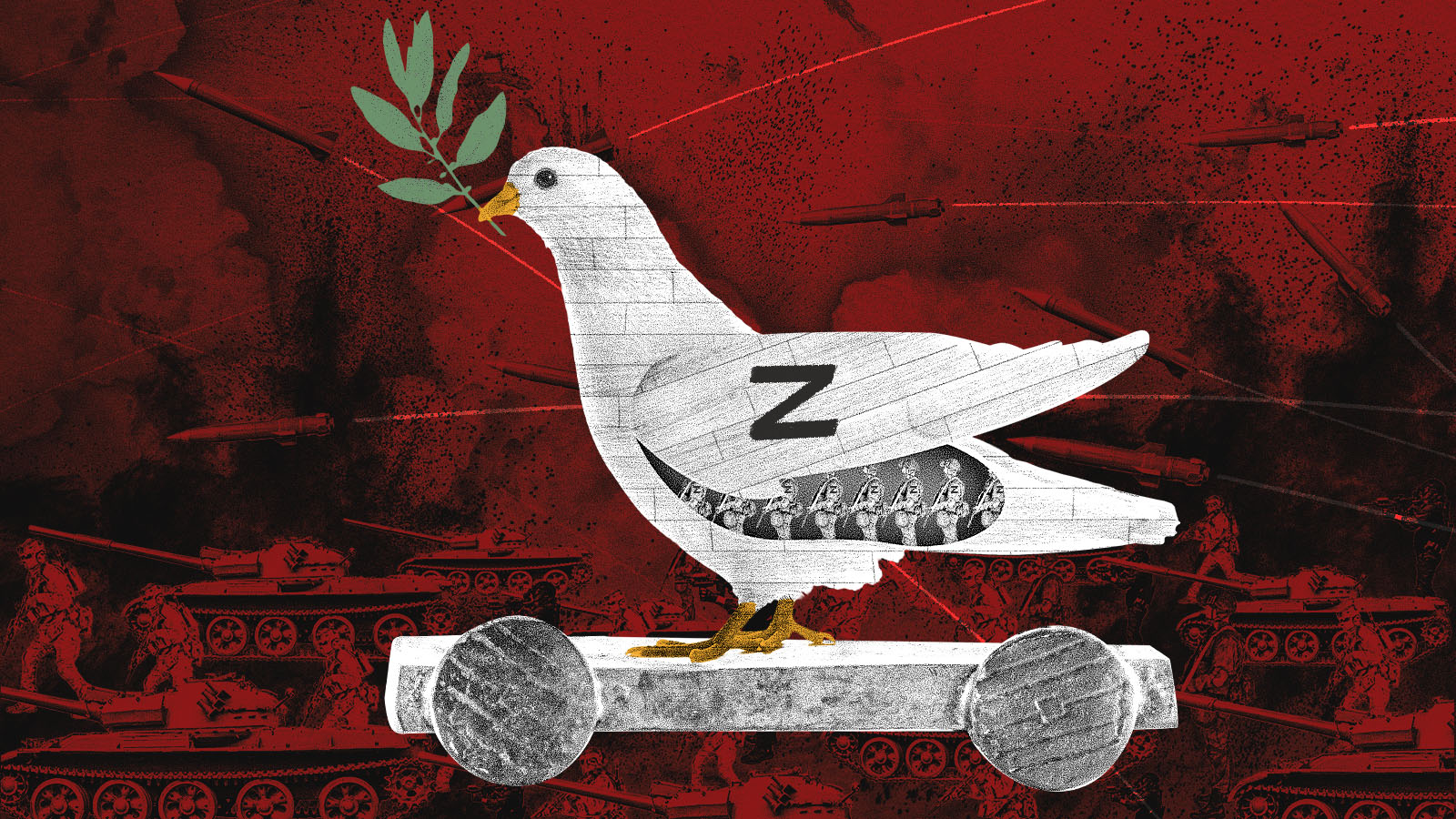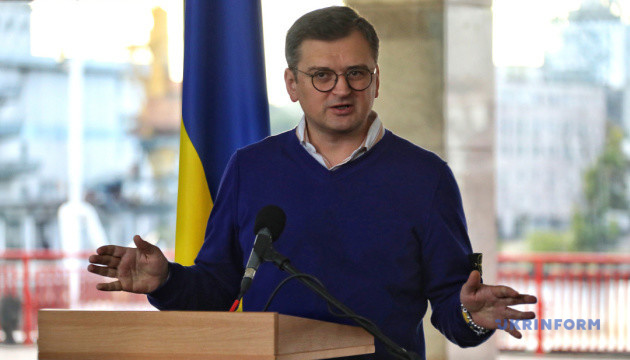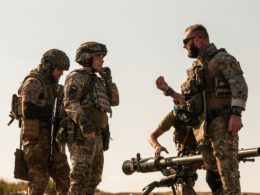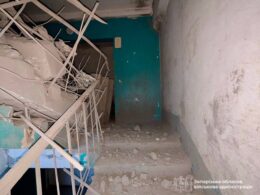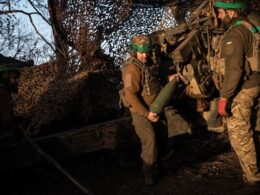The US-based Institute for the Study of War (ISW) says China and Türkiye persist in developing separate negotiation platforms for a Ukrainian settlement, "which the Kremlin is exploiting to further its own information operations," aiming to diminish global support for Ukraine.
China wants Russia's "interests' taken into account
Russian Deputy Foreign Minister Mikhail Galuzin and Chinese Special Representative for Eurasian Affairs Li Hiu held talks in Moscow on 2 March, focusing on China's aim to facilitate peace negotiations between Russia and Ukraine.
Galuzin and Li claimed that any discussion on resolving the Ukraine war must include Russia's participation and consider its "interests in the security sphere." They criticized Western and Ukrainian "ultimatums" and "dialogue formats," stating that these approaches hinder settlement prospects and cannot form the basis for resolution. Li plans to visit Ukraine and several EU states after his meetings in Russia.
Türkiye's "peace" platform
During the Antalya Diplomatic Forum on 3 March, Turkish Foreign Minister Hakan Fidan expressed Türkiye's desire for "ceasefire" talks in Ukraine to commence soon, because Türkiye believes that “both sides have reached the limits” of what they can achieve through military means.
Turkish President Recep Tayyip Erdogan has announced Türkiye's readiness to offer an additional negotiation platform for Russia and Ukraine. However, Russian Foreign Minister Sergei Lavrov publicly rejected this proposal on 1 March.
Russia claims it wants talks
Russian officials persist in inaccurately attributing the absence of peace negotiations between Russia and Ukraine to Ukraine and the West, despite numerous public Russian statements indicating or directly stating that Russia is uninterested in sincere peace negotiations with Ukraine.
Russian Foreign Minister Sergei Lavrov alleged during a panel at the Antalya Diplomatic Forum on 2 March that Ukraine lacks the "goodwill" to engage in negotiations with Russia, implying that the absence of meaningful negotiations is due to Ukraine's actions rather than Russia's. Lavrov claimed that individuals who misinterpret which side bears responsibility "lack comprehension" of the actual circumstances.
Russian Permanent Representative to the UN Vasily Nebenzya asserted in a 3 March interview with Russian TV channel Rossiya 24 that Russia has consistently been open to negotiations, contrasting this with what he portrayed as Ukraine's reluctance to engage in dialogue.
Nebenzya claimed that there are presently no ongoing negotiation efforts with Ukraine either directly or through intermediaries.
"ISW continues to assess that any Russian statements suggesting that Russia is or always has been interested in peace negotiations are very likely efforts to feign interest to prompt preemptive Western concessions regarding Ukrainian sovereignty and territorial integrity and place the onus for negotiations on Ukraine and the West," the ISW concluded.
Ukraine's peace formula vs. Russia's capitulation demands
Over the two years of the all-out war, Russia has consistently restated its maximalist goals in Ukraine, effectively demanding Ukraine’s capitulation. In January 2024, Russian Foreign Minister Sergei Lavrov restated Russia’s uncompromising position on Ukraine, confirming no interest in negotiations with Ukraine or the West, aligning with President Putin’s 2022 address demanding Ukraine’s “demilitarization” and “denazification,” and NATO to halt new member admissions, effectively signaling a call for surrender by Ukraine and the West.
WSJ: Document from 2022 reveals Putin’s punishing terms for Ukraine peace
Meanwhile, Ukraine promotes its peace formula, including deoccupation of the entire Ukrainian territory. Ukrainian President Volodymyr Zelenskyy unveiled Ukraine’s peace formula to end the Russo-Ukrainian war in October 2022. The plan includes the following key points:
- Ensure nuclear safety at the Zaporizhzhia nuclear power plant;
- Protect and ensure Ukraine’s grain exports for food security;
- Ensure safety of Ukraine’s power infrastructure and aid in its restoration;
- Release all prisoners, including POWs and deported individuals;
- Restore Ukraine’s territorial integrity;
- Withdraw Russian troops and restore state borders;
- Establish a special tribunal for prosecuting war crimes;
- Focus on demining and restoring water facilities for ecocide prevention;
- Create a security architecture in the Euro-Atlantic space;
- Confirm the end of the war with a signed document.
- Lithuania PM: Only way to achieve lasting, just peace is by helping Ukraine win
- Serbia and ten other countries sign declaration supporting Ukraine’s peace plan at Tirana summit
- Bloomberg: Davos meeting yields no progress on Ukraine peace plan
- Davos communique sets stage for global cooperation on Ukraine Peace Formula

